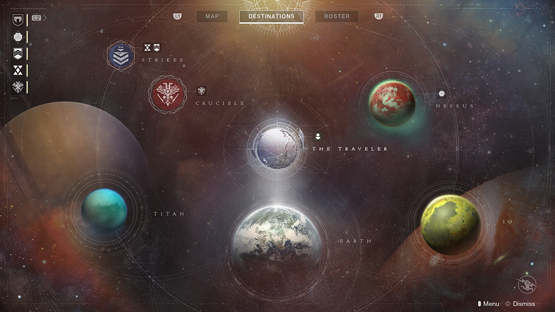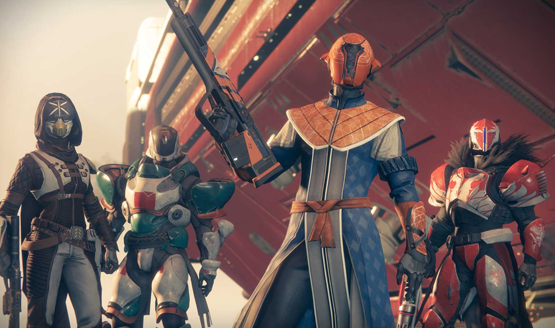It’s September 8, and the reception for Destiny 2–which just launched two days ago–is overwhelmingly positive. Compare today’s buzz to the end of July, just after the console beta had concluded. Fans were excited, but many, our own Tyler Treese included, weren’t really sold on the whole thing. Even one of the most hardcore Destiny players I know had his own share of reservations following the beta test, to the point of almost not even jumping in on release day. Yet, now Destiny 2 stands as his Game of the Year for 2017. The problem illustrated here is that video game betas are not demos.
Let me repeat that. Video game betas are not demos.
Beta is short for beta test, whilst demo is short for demonstration. That’s going to be a key distinction to keep in mind as we move through this discussion. Beta tests are intended to allow the developer some fine tuning in an environment that is more like the public release. They can get a feel for network connections, matchmaking, weapon balancing, and a whole bunch of other behind the scenes numbers that I’m not going to pretend to comprehend.
Demonstrations, on the other hand, are things like the slices we play at E3 or other game conventions. Sometimes you can download a demo, consisting of a single level, or a time limited portion of a game. Demos are designed to capture the attention of the player, and are used as a marketing tool.
The Venn Diagram
In recent years, there have been blurred lines between betas and demos. Increasingly, it appears that developers have been using betas as a kind of limited-time demo for multiplayer games, allowing people to get a feel for the mechanics and hopefully entice a pre-order out of them. At least this is what gamers see. While I can’t deny that may sometimes be the case, I doubt that developers would waste time and energy to create a temporary slice of a game and release it for a period of three or four days without using that release as a test of sorts. One might call it a test of the beta version of the game. I’d even call it a beta test.
Looking at some recent betas, I can see both sides of the argument. Destiny 2 in particular was set up to be both. Allowing players to play the opening mission solo was very much a demonstration of the new cinematic story that Bungie was trying to tell. After that, the entire beta was a very limited PVP and a single PVE matchmade mission. Bungie took a lot of data from this and used it to refine what we know today to be the launch release of the game. They will continue to iterate, but they didn’t want to make the first round of iteration at the expense of those that had just bought the game. Truth be told? The Destiny 2 beta was pretty boring. It was a limited systems test and a terrible representation of what Destiny 2 is in full. Rather, it was designed primarily as a data gathering tool.
So Bungie packaged a demonstration in with the beta, as to not make it feel so rigid. What they didn’t package in was the full experience, the grind, and the gameplay loop. It’s something that’s just not possible, but Bungie needed public data, so what were they to do? They released the beta, and gamers all assumed this was a demo of what Destiny 2 was. Many agree now that it simply was not. Elements of it may have become the Destiny 2 we know today, but the Destiny 2 beta was not even a fragment of the kind of experience that Destiny 2 is.
Who’s to Blame?
Whose fault is that then? Gamers for misjudging a developer’s attempt to collect data, or the developers who spend so much money and effort in advertising these betas as bonuses for pre-orders and the ability to get to play the game early? Nobody is entirely wrong. Developers need interested players to participate, and fans often just want to get their experience with a game.
There’s an easy solution though, and it’s just a shift in our way of thinking. My plea is twofold.
Gamers, stop thinking of betas as demos, no matter how much one may seem to be. If a developer wanted to offer a demonstration of a game as a marketing tool, they would make it permanently accessible for download to everyone. Just check the PlayStation Store section for demos. You’ll see this with many single-player games. Multiplayer demos are a little harder to come by (though Battleborn seems to have accomplished it).
Developers, make it more clear that this is a beta test, with a strong emphasis on the test part. Let us know what data you are gathering and how you intend to use that information. Let gamers know what problems a beta was able to uncover and fix before launch. Make beta testers feel like a part of the development cycle rather than just hyping the ability to play the game early. The Call of Duty: WWII beta did a great job with this, maintaining a closed environment for both weekends, and being very communicative about how they were using the beta information to squash bugs and balance gear before the full release.
If everyone came to the same mindshare that betas are not demos, but rather a mess of a numbers in need of the public’s help to resolve, developers could get the data they need, and gamers could hold off on finding something to complain about until the finished experience actually releases.
Now Loading: Betas
-
Have Betas Sold You on a Game?
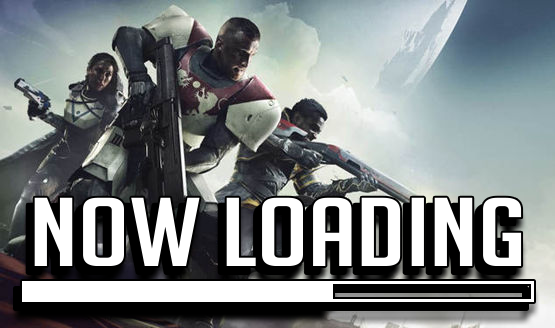
-
Cameron Teague
 Betas usually turn me off of a game unless it's for a series I was already looking forward to. Evolve was a great example of a beta turning me off the game big time. However I also just don't get into a lot of betas.
Betas usually turn me off of a game unless it's for a series I was already looking forward to. Evolve was a great example of a beta turning me off the game big time. However I also just don't get into a lot of betas. -
Chandler Wood
 There's a huge difference between a beta and a demo. Often times a beta is more to help the developers make sure that tuning, matchmaking, and other various nasty bugs are all taken care of before launch. It doesn't represent the final game's experience in the same way that a demo would highlight. Betas are temporary whereas a demo would be an evergreen application. With this in mind, I don't like to let a beta be the go-no-go on whether I'll buy a game or not. I've often found that betas are a mere fraction of what the final game ends up being, as is the case with the Destiny 2 beta, which has no way to replicate things like the loot grind, player progression, and gameplay loop, not to mention the evolution that living, breathing online games go through. For that, I'll reserve my judgment for the full release.
There's a huge difference between a beta and a demo. Often times a beta is more to help the developers make sure that tuning, matchmaking, and other various nasty bugs are all taken care of before launch. It doesn't represent the final game's experience in the same way that a demo would highlight. Betas are temporary whereas a demo would be an evergreen application. With this in mind, I don't like to let a beta be the go-no-go on whether I'll buy a game or not. I've often found that betas are a mere fraction of what the final game ends up being, as is the case with the Destiny 2 beta, which has no way to replicate things like the loot grind, player progression, and gameplay loop, not to mention the evolution that living, breathing online games go through. For that, I'll reserve my judgment for the full release. -
Mack Ashworth

I can think of only one beta that convinced me to pick up the full game, and that was for Gotham City Impostors. For the majority of games, I think betas work against them.
-
Michael Briers
 Last time I really participated in a beta was for Evolve. I'd played a build of the game before at EGX and was curious to see how the shooter was coming together, but the lengthy load times and server troubles quickly cooled any excitement I had left. I get that it's not indicative of the final release, but I was never particularly invested in Evolve beforehand so its beta gave me the chance to reach a decision without shelling out any hard earned cash.
Last time I really participated in a beta was for Evolve. I'd played a build of the game before at EGX and was curious to see how the shooter was coming together, but the lengthy load times and server troubles quickly cooled any excitement I had left. I get that it's not indicative of the final release, but I was never particularly invested in Evolve beforehand so its beta gave me the chance to reach a decision without shelling out any hard earned cash. -
Paulmichael Contreras
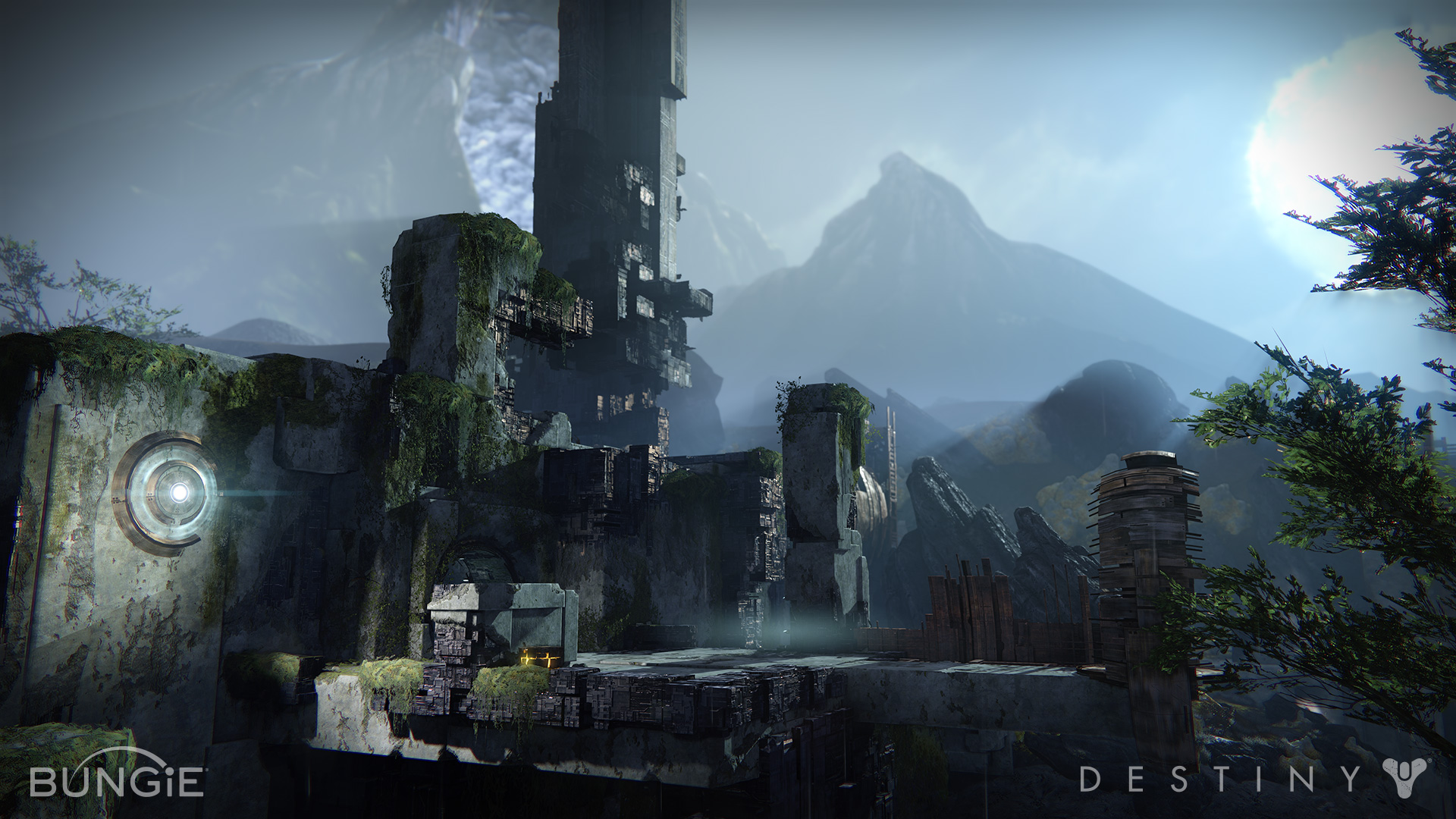
Generally, betas don't sell me on a game. It's mostly just an excuse to play a game that I might not buy otherwise. I played a handful of hours in the original Destiny beta, and felt that was enough for me. If I'm unsure about buying a game, I'll read reviews and watch videos of the game before making a decision -- betas are supposed to be tests for the developer's infrastructure, and so as the warnings always clearly state, the game's state at that point in time is not indicative of final quality at launch, so I take it as such.
-
Stephen Bitto
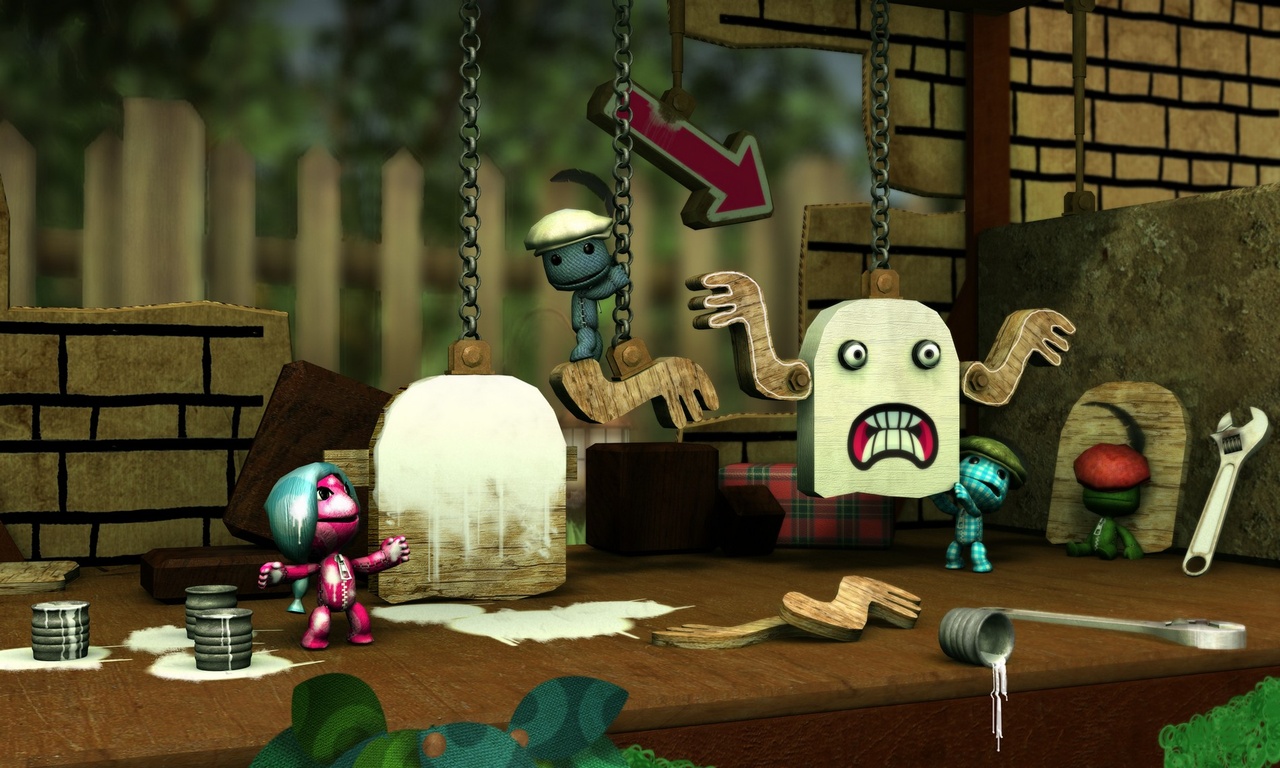 Betas typically do not change my mind about a game. Also, it's rare to go into a beta without knowing what to expect.The only game that I truly went in fresh and came away impressed was LittleBigPlanet. Not only was the game itself quite original but the idea of betas on console was somewhat fresh too.
Betas typically do not change my mind about a game. Also, it's rare to go into a beta without knowing what to expect.The only game that I truly went in fresh and came away impressed was LittleBigPlanet. Not only was the game itself quite original but the idea of betas on console was somewhat fresh too. -
Tyler Treese

There haven't been a ton of betas that made me go from not interested to sold, but a few of them have increased my excitement for a game. Recently both the Splatoon 2 and ARMS betas both did just that. The inverse seems to happen more often than not, though, as games like Call of Duty: Black Ops III made my excitement drop considerably after getting a hold of them. Ultimately, it just comes down to the quality of the game. If the game is fun, inventive, and feels fresh then most of the time the beta will excite me. If it's more of the same, or dull, then I'll lose interest and move on.
-
Zarmena Khan
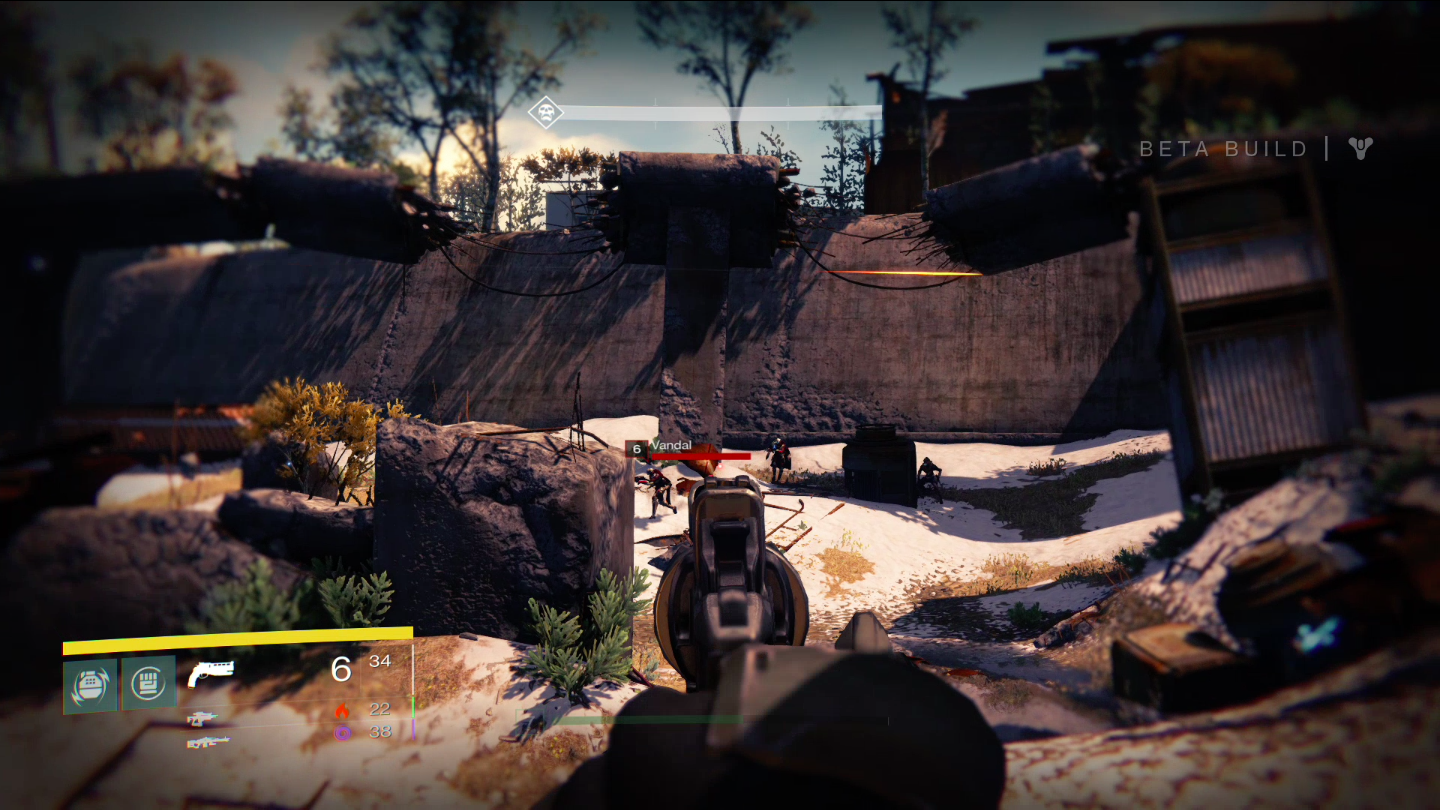

I don't really partake in beta tests but I did try the Destiny 1 beta. I found it terribly boring so it ended up helping me save my money.
